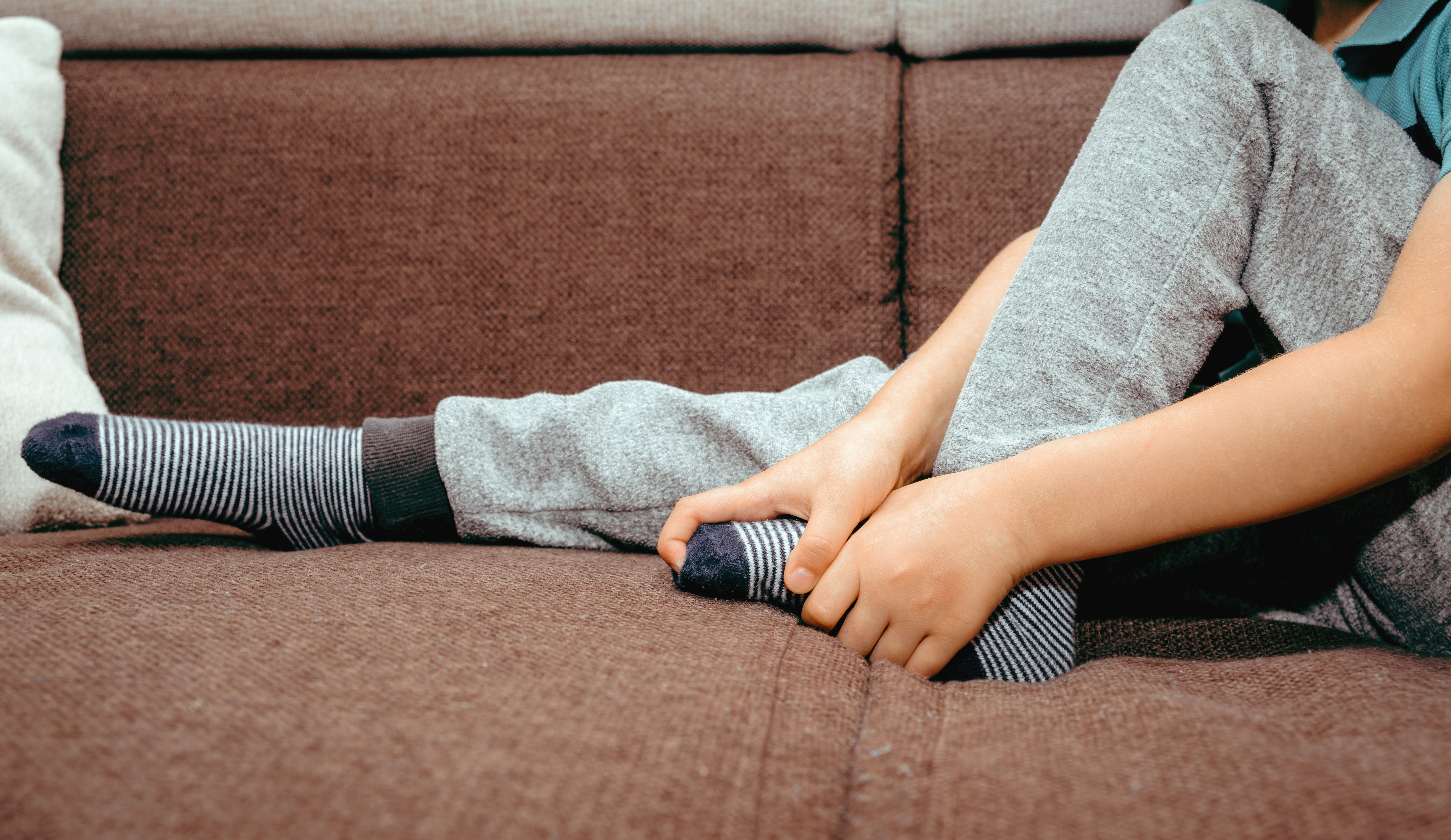Article
Conventional Treatment Shows Some Efficacy in Juvenile Idiopathic Arthritis
Author(s):
Real-world applications of non-biologic treatments in children with juvenile idiopathic arthritis may be effective in controlling or maintaining the condition in some patients, new research shows.
Real-world applications of non-biologic treatments in children with juvenile idiopathic arthritis may be effective in controlling or maintaining the condition in some patients, new research shows. (©Sebastian, AdobeStock.com)

Real-world applications of conventional non-biologic treatments in children with juvenile idiopathic arthritis may be effective in controlling or maintaining the condition in some patients, new research shows.
These results could help minimize the use of biologic treatment options that could prompt other side effects, wrote the authors in Arthritis Care & Research.
“Our effectiveness estimates will help support the overarching principles of recent treat-to-target recommendations,” said study author Jaime Guzman, M.D., a rheumatologist at British Columbia Children’s Hospital, “to design a therapeutic strategy based on shared decisions with patients and parents, recognizing that juvenile idiopathic arthritis is a heterogenous group of diseases that requires distinct treatment approaches.”
To determine the effectiveness of conventional treatments, researchers analyzed patient outcomes on 1,352 children, totaling 14,350 doctor visits. The analysis examined the efficacy rates of three non-biologic treatment options and one that included an add-in biologic.
The first set of trials reviewed NSAID monotherapy in patients with oligoarthritis, enthesitis-related arthritis, and rheumatoid factor-negative polyarthritis. According to results, the monotherapy was more effective in patients with fewer than five active joints. Overall, the success rate was 54.4 percent. Among children receiving NSAIDs with intraarticular corticosteroid joint injections, most of whom had oligoarthritis, treatment success rates were 64.7 percent. Investigators also discovered adding methotrexate to NSAIDs or joint injections was effective - 60.5 percent - for patients with rheumatoid factor-negative polyarthritis and oligoarthritis.
Researchers found similar success rates when TNF-blockers were added to DMARDs and NSAIDs or prednisone. For etanercept, the success rate was 62 percent, and it was 50 percent for infliximab.
Overall, investigators said, these results point to a potential reduced dependence on biologic medications.
“Despite the recent emphasis on early aggressive treatment with biologic medications, our results show that a significant proportion of children with juvenile idiopathic arthritis achieve inactive or minimally active disease with conventional therapies,” Guzman said. “[This suggests] initial therapy with biologics is not necessary in many patients.”
The recommend clinicians, parents, and patients consider these real-world effectiveness results when determining which treatment regimen to pursue.
REFERENCE
Chhabra A, Ocn K, Huber A, Shiff N, Boire G, Benseler S, Bernard R, Scuccimarri R, Feldman B, Lim L, Barsalou J, Bruns A, Cabral D, Chedeville G, Ellsworth J, Houghton K, Lang B, Morishita K, Ramsey D, Rosenberg A, Tse S, Duffy K, Duffy C, Guzman J, Real-World Effectiveness of Common Treatment Strategies for Juvenile Idiopathic Arthritis: Results from a Canadian Cohort. Arthritis Care & Research (2019), doi: 10.1002/acr.23922




